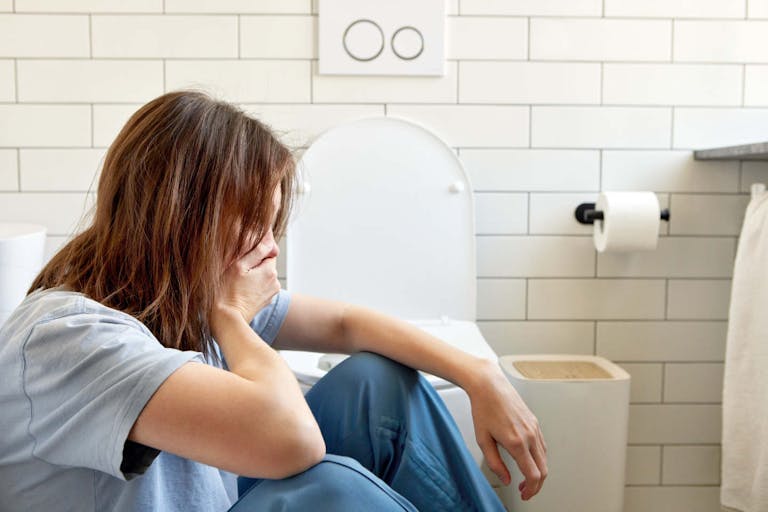
Welsh women denied needed pregnancy medication are getting abortions
Cassy Cooke
·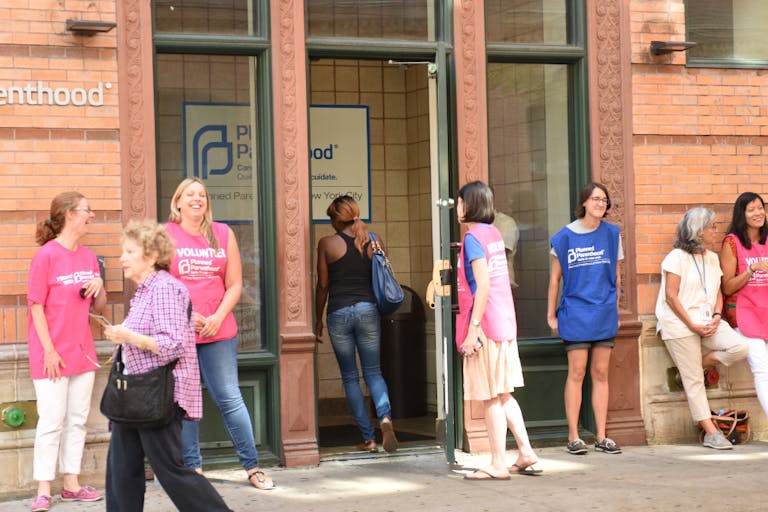
SCOTUS declines to review NY abortion buffer zone law, leaving it in place
In a recent decision, the United States Supreme Court declined to review New York’s abortion facility buffer zone law, missing an opportunity to uphold the First Amendment rights of sidewalk counselors engaging in compassionate conversations with pregnant women on public sidewalks. This decision, while affirming the Second Circuit’s ruling, perpetuates the limitation on speech near abortion businesses, impeding the advocacy efforts of those sharing alternatives to abortion.
Shortly after the overturning of Roe v. Wade in June 2022, Westchester County, New York, enacted a law creating buffer zones around abortion businesses, ostensibly in the name of public safety to protect pregnant women entering these facilities. However, the practical impact of this law was the suppression of free speech rights for peaceful sidewalk counselors engaged in prayer, handing out information, and endeavoring to engage in life-affirming conversations within an eight-foot radius of individuals entering these facilities.
The law penalizes peaceful pro-lifers with fines reaching up to $1,000 and/or a maximum prison term of six months. Subsequent violations incur steeper penalties, with fines up to $5,000 and/or imprisonment for a year.
In response to the enactment of the law, Debra Vitagliano, a committed sidewalk counselor, petitioned the Supreme Court to challenge the precedent set by Hill v. Colorado — a comparable buffer zone law upheld by the court in 2000 — urging for a reconsideration of the law’s standing.
“I want to offer abortion-vulnerable women a message of hope and compassion, letting them know that they are loved and can keep their babies,” said Vitagliano in a press release. “I am thankful for this outpouring of support for my ministry and sidewalk counselors across the country, and I pray that the Justices will take my case and vindicate my First Amendment rights.”
Unfortunately, on Monday, the Supreme Court, without comment, declined the petition for a writ of certiorari in the case.
READ: Illinois abortion facility sends three women to the hospital in one week
Article continues below
Dear Reader,
In 2026, Live Action is heading straight where the battle is fiercest: college campuses.
We have a bold initiative to establish 100 Live Action campus chapters within the next year, and your partnership will make it a success!
Your support today will help train and equip young leaders, bring Live Action’s educational content into academic environments, host on-campus events and debates, and empower students to challenge the pro-abortion status quo with truth and compassion.
Invest in pro-life grassroots outreach and cultural formation with your DOUBLED year-end gift!
The Becket Fund for Religious Liberty, representing Vitagliano throughout the proceedings, pointed out that legal scholars and judges have long criticized Hill. Last year, five Justices of the Supreme Court stated that Hill represented a significant departure from our nation’s protections of free speech.
“Governments should not try to outlaw peaceful conversations on public sidewalks, and they certainly shouldn’t make it harder for women to get complete information,” said Becket CEO and President Mark Rienzi in a statement. “It’s time for the court to fix its mistake in Hill and make clear that the law protects people like Debra Vitagliano who want to offer help to women in need.”
Beth Sousa of Planned Parenthood defended the decision, saying the buffer zone allows pro-life activists to express their views while safeguarding patients and staff. She said, “These zones prioritize safety but still enable protesters to voice their perspectives.”
Sadly, this statement ignores the important impact of sidewalk counseling. Last year, Live Action News reported that a study found that 74% of post-abortive women felt coerced into their abortions by someone else.
Amid this intense pressure on women to choose abortion, sidewalk counselors provide real alternatives that prioritize women’s health and well-being without resorting to ending a preborn child’s life. Their support extends beyond counsel on a public sidewalk, offering crucial resources — financial, educational, and emotional aid. No woman should feel cornered into thinking abortion is her sole option, and sidewalk counselors offer the hope of alternatives.
Live Action News is pro-life news and commentary from a pro-life perspective.
Contact editor@liveaction.org for questions, corrections, or if you are seeking permission to reprint any Live Action News content.
Guest Articles: To submit a guest article to Live Action News, email editor@liveaction.org with an attached Word document of 800-1000 words. Please also attach any photos relevant to your submission if applicable. If your submission is accepted for publication, you will be notified within three weeks. Guest articles are not compensated (see our Open License Agreement). Thank you for your interest in Live Action News!

Cassy Cooke
·
Activism
Bridget Sielicki
·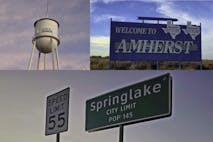
Guest Column
Mark Lee Dickson
·
Guest Column
Mark Lee Dickson
·
Guest Column
Mark Lee Dickson
·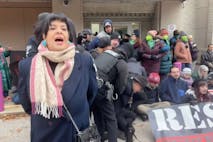
Activism
Nancy Flanders
·
Human Rights
Amanda Vicinanzo
·
Human Interest
Amanda Vicinanzo
·
International
Amanda Vicinanzo
·
Issues
Amanda Vicinanzo
·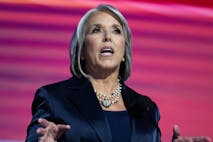
Newsbreak
Amanda Vicinanzo
·